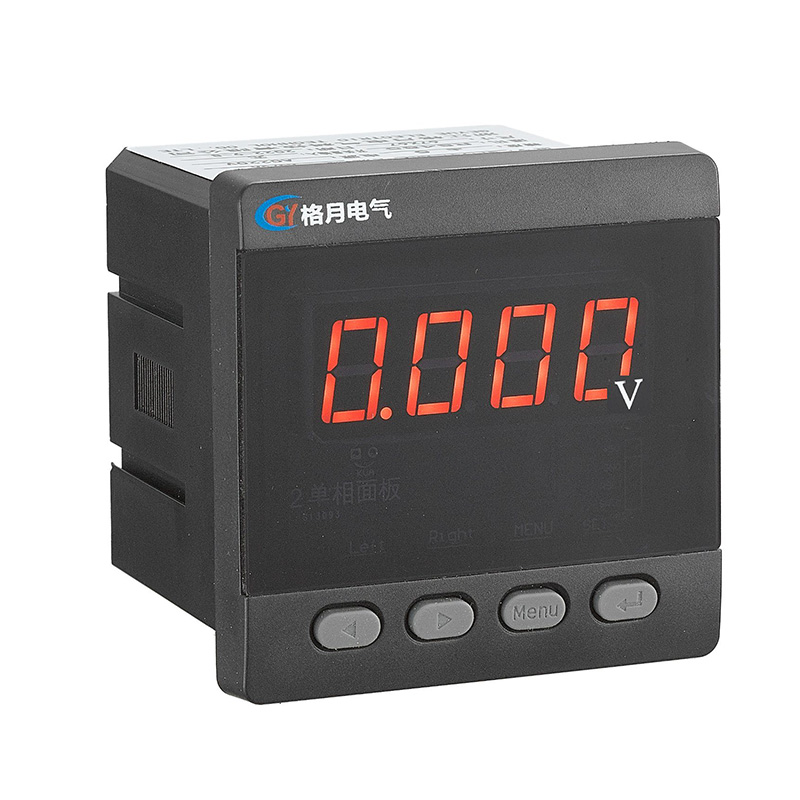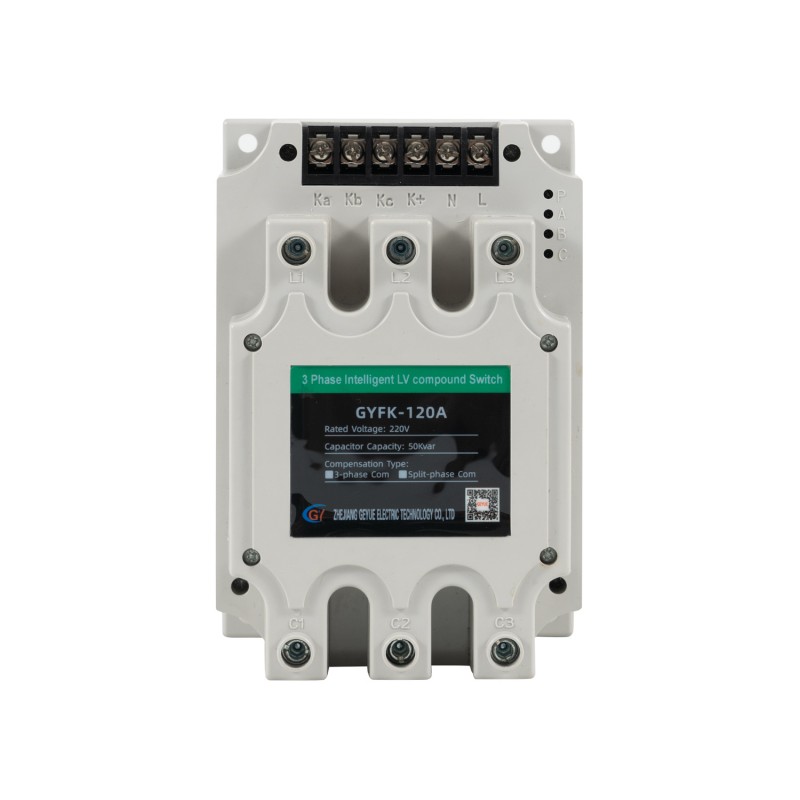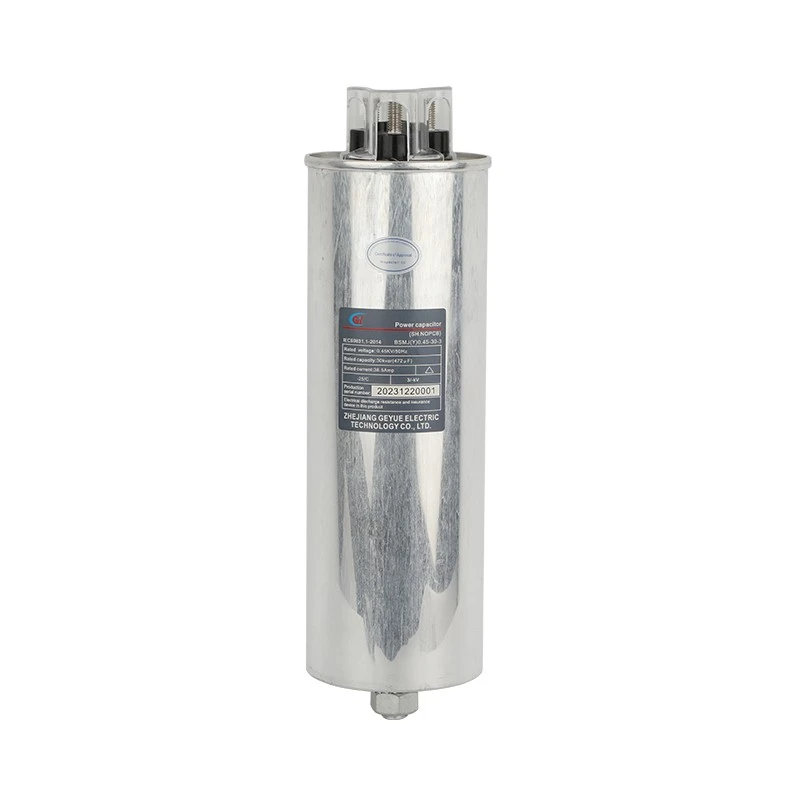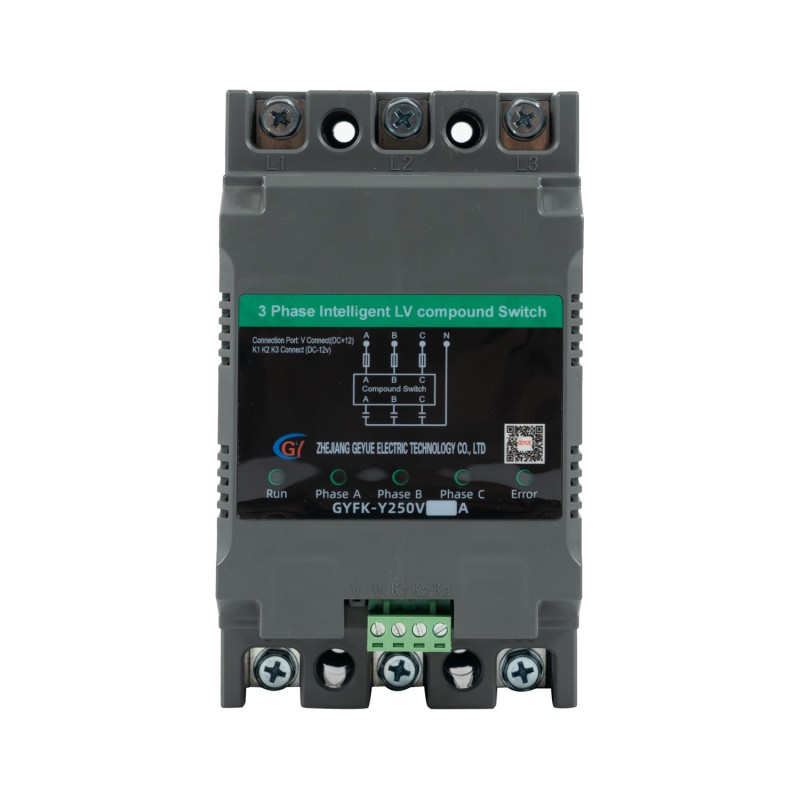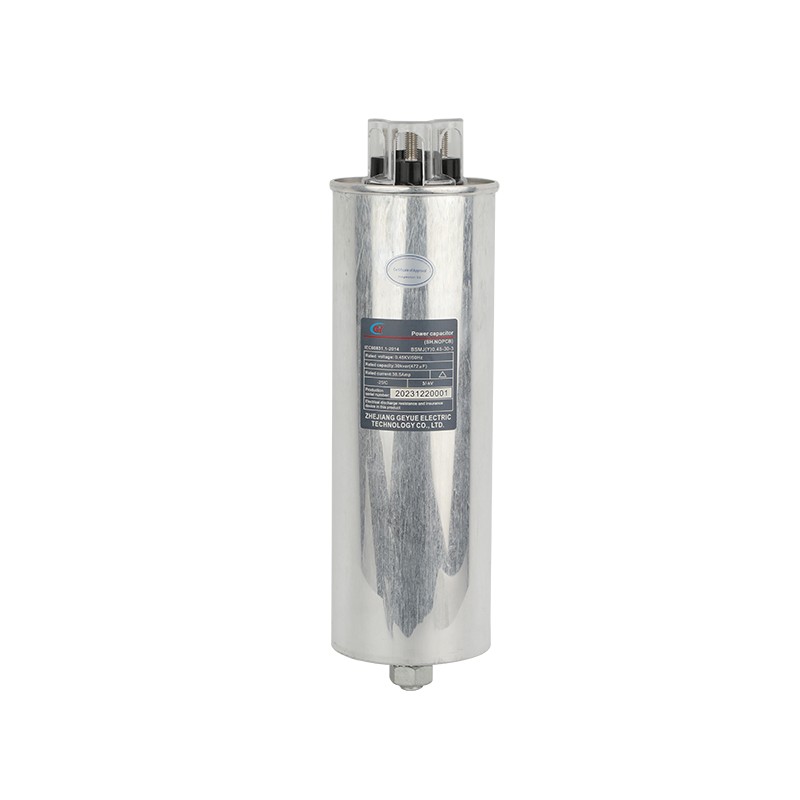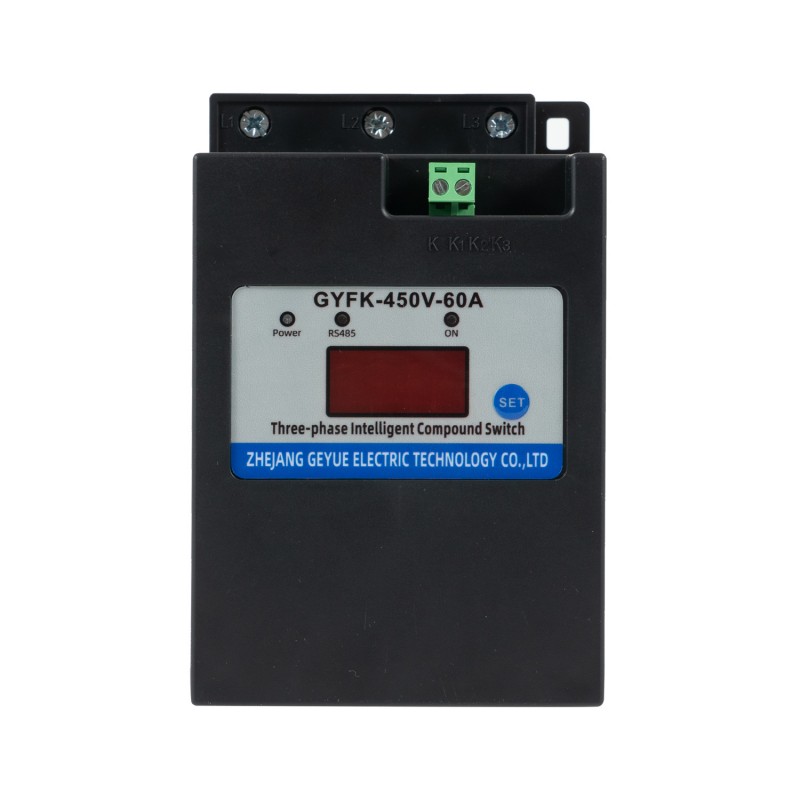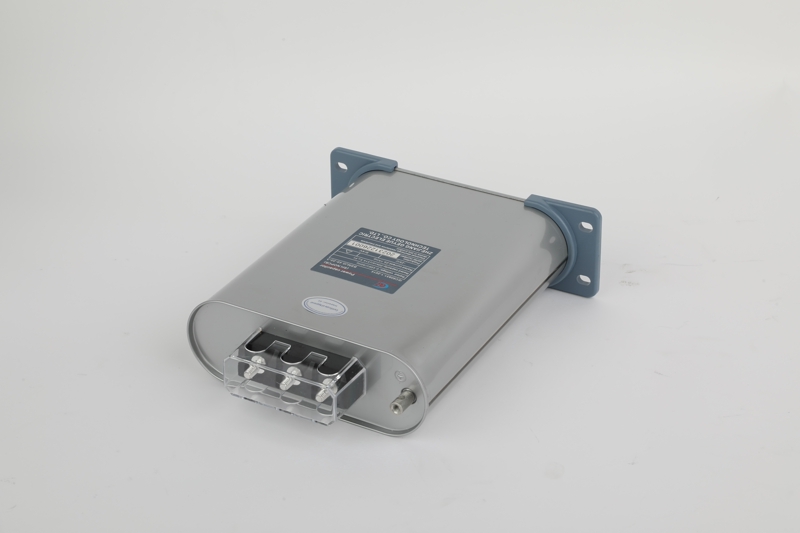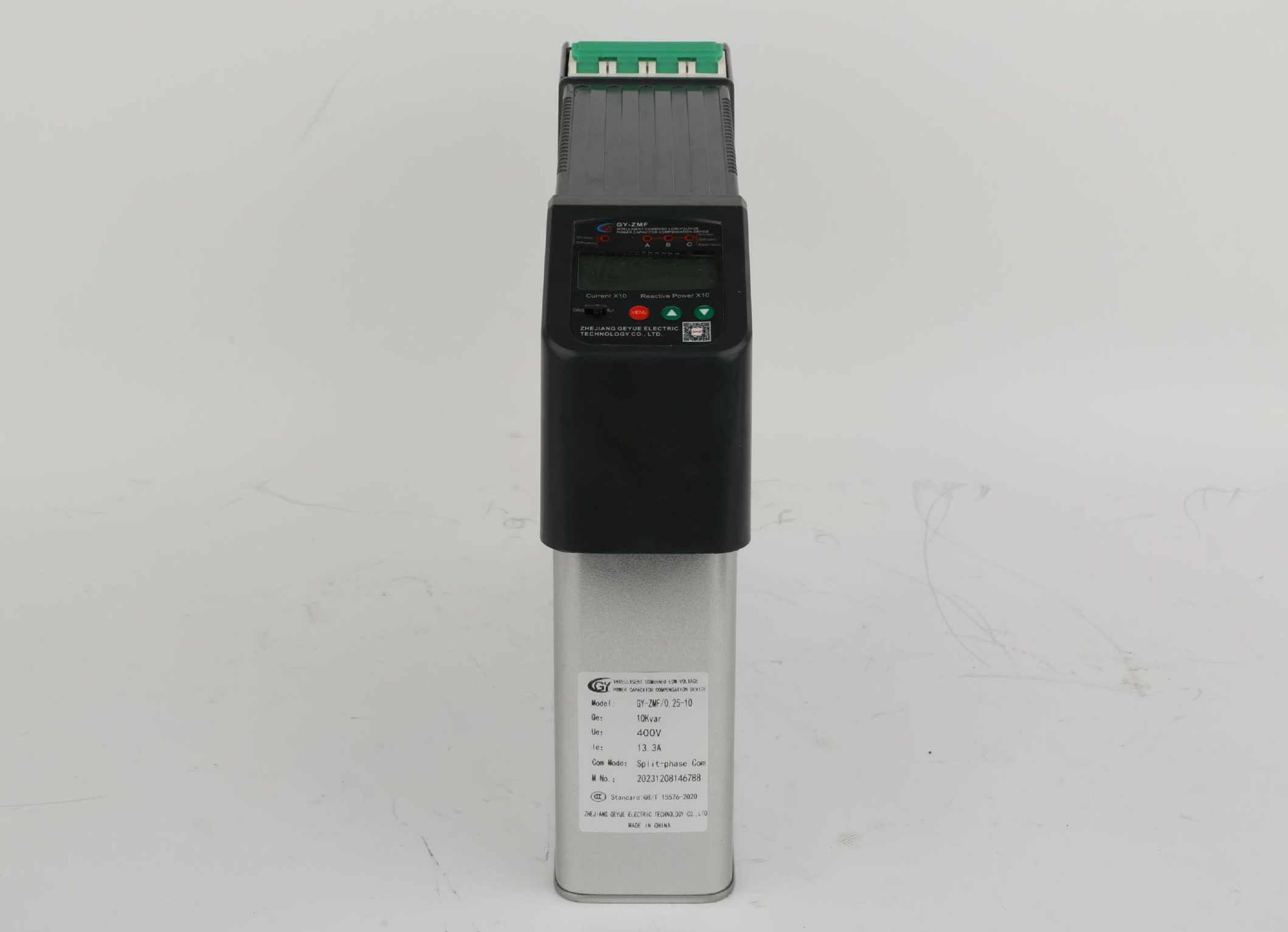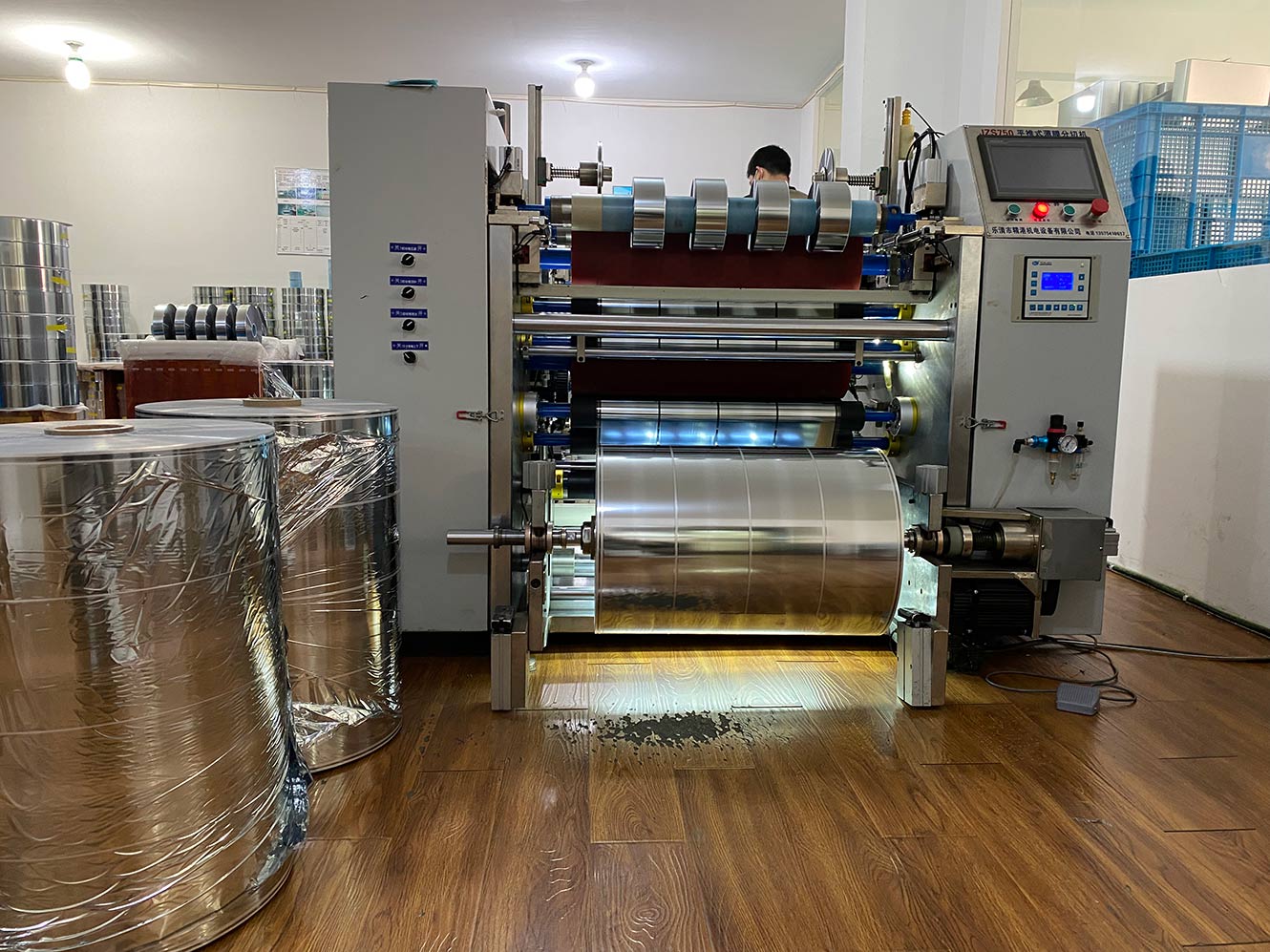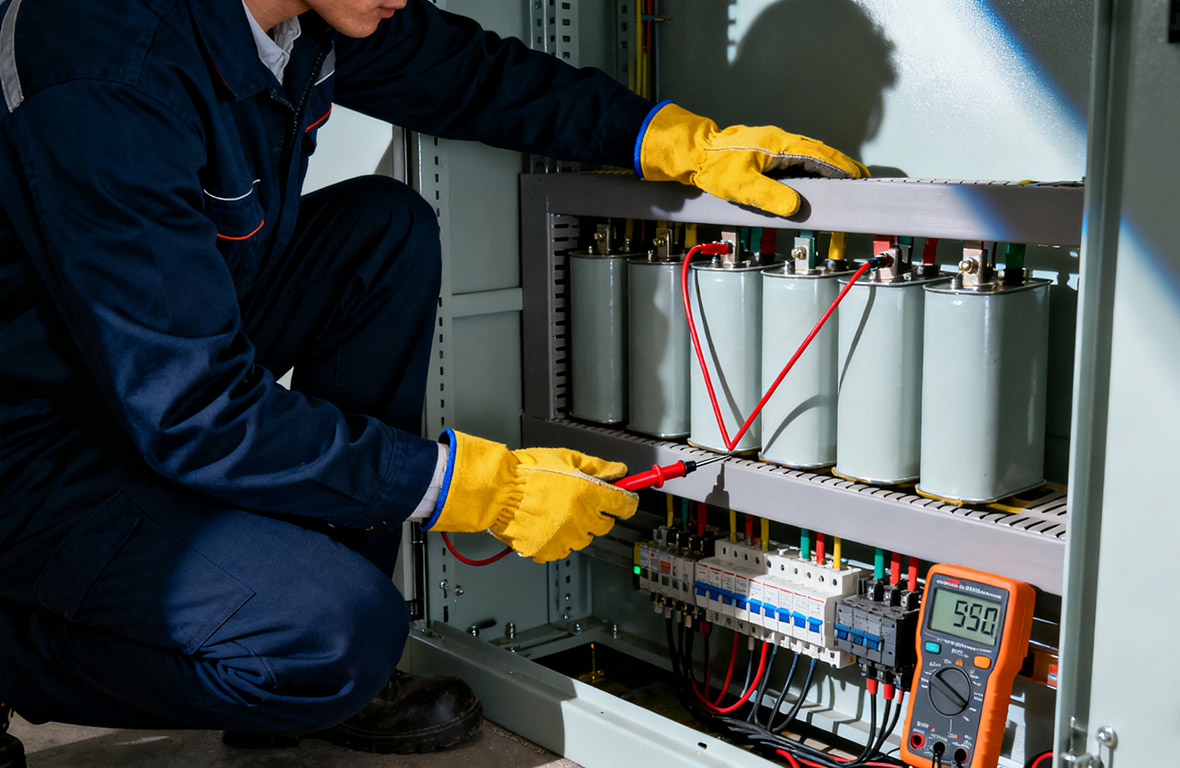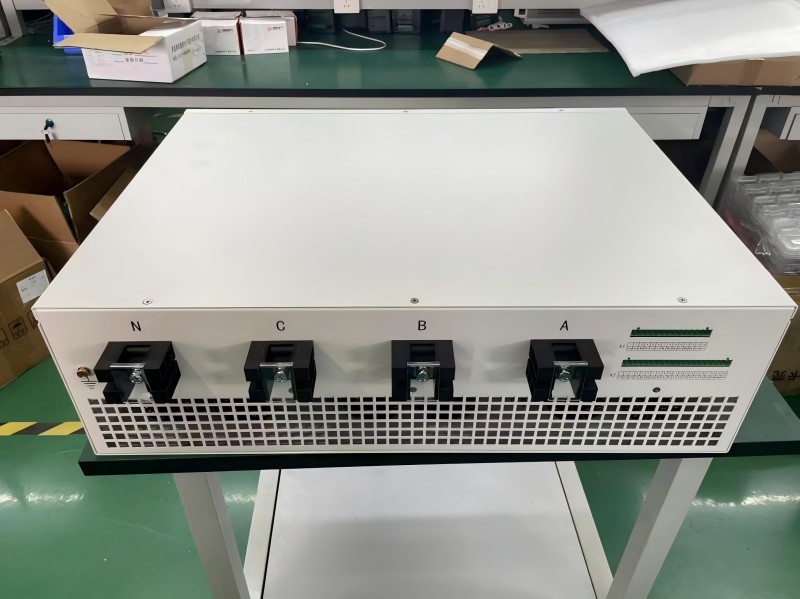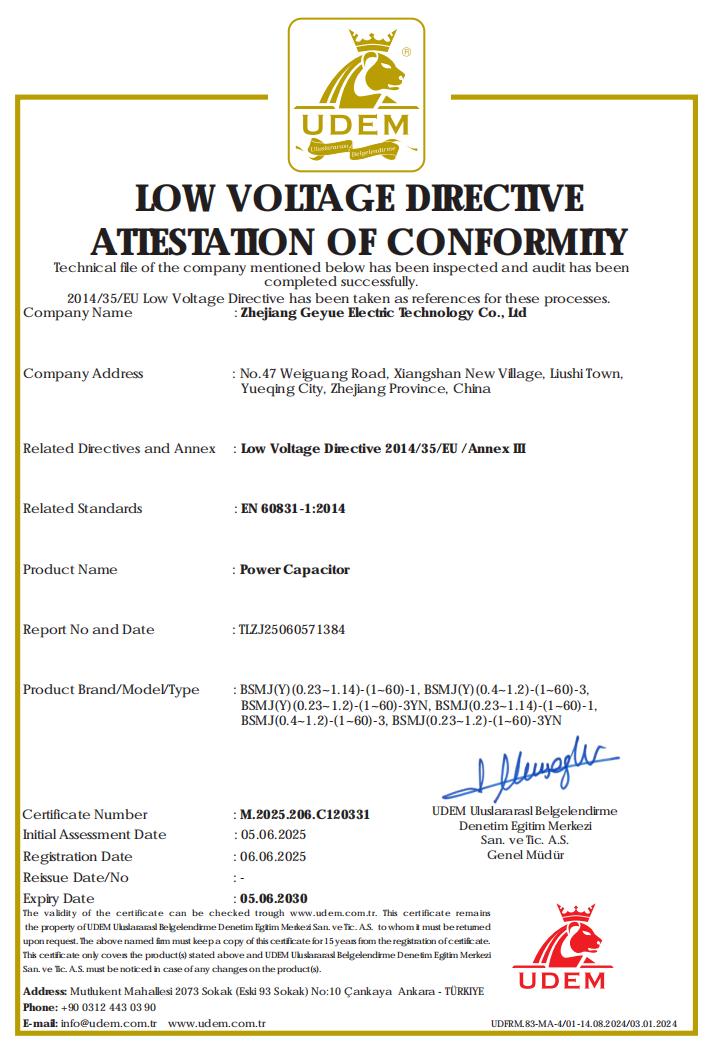Which Countries Are Leading the Shift to IoT-Based Power Factor Correction?
Worldwide, the pioneers in the transition to power factor correction technology based on the Internet of Things are mainly concentrated in countries and regions with high levels of industrial automation, strict energy efficiency policies, and developed Internet of Things infrastructure. Next, let's discuss the changes brought about by the countries and regions that led this revolution. (The following countries are ranked in no particular order.)
Germany
Driven by the EU energy efficiency directives (such as the ERP Directive, which sets clear requirements for the power factor of some electrical equipment to reduce reactive power losses in the power grid) and Industry 4.0, Germany has integrated the IoT-PFC into smart factories to optimize energy efficiency through real-time monitoring and automation. A number of well-known German electrical companies have successively launched PFC devices that support IoT, which can be used for power quality management in manufacturing and renewable energy systems.
USA
The United States is committed to integrating the smart grid and the Industrial Internet of Things. The way of deploying IoT-PFC in the smart grid is widely applied in data centers and high energy-consuming industries. For example, the semiconductor manufacturing industry. In terms of policies, states in the United States encourage enterprises to adopt high-performance technologies through tax breaks. For example, California has promulgated the "Automated Demand Response" clause of California Title 24 to encourage building energy management systems (BEMS) to monitor the power factor in real time and optimize the power factor through cloud platforms. American enterprises spare no effort in technological innovation. Many of them have developed cloud-connected PFC systems and can combine AI for predictive maintenance.
Japan
Facilitated by the Society 5.0 strategy, Japan is building up efforts to develop emerging technologies that utilize a digital society to integrate energy management. The scarcity of energy in the island nation has dominated technological innovation in the energy industry. Some Japanese enterprises have developed high-precision IoT-PFC devices, which can be widely applied in the fields of construction and transportation.
Nordic Countries
Thanks to policy design, natural resources, technological innovation and social consensus, Nordic countries (such as Sweden, Denmark, Norway, Finland, Iceland, etc.) take the leading position in the global new energy field. Nordic countries have initially utilized IoT-PFC systems to balance power fluctuations when wind power and photovoltaic power are connected to the grid. For instance, the smart city project "Malmo" in Sweden has deployed a city-wide IOT-optimized power grid system.
China
To further approach the goals of "carbon peak and carbon neutrality", under the clear requirements of the "14th Five-Year Plan for Green Development of Industry" issued by the Chinese government, key high-energy-consuming industries such as steel and chemical engineering have reached international advanced energy efficiency standards by 2025 and achieved real-time energy efficiency management. As an internationally recognized infrastructure power and pioneer of green manufacturing, China is committed to incorporating IoT-PFC into industrial Internet and smart city projects to reduce energy consumption per unit of GDP. Nowadays, the low-cost IoT-PFC modules launched by local enterprises are popular among small and medium-sized enterprises. As an expert in low-voltage reactive power compensation, Geyue Electric will accelerate the strengthening of the IoT adaptation capabilities of intelligent capacitors in the future, build an intelligent analysis platform, and seamlessly integrate with the existing ecosystem to empower the era of green IoT energy efficiency management. Explore our full range of products on our website at https://www.geyuecapacitor.com/. For any inquiries, please reach out to us at info@gyele.com.cn.
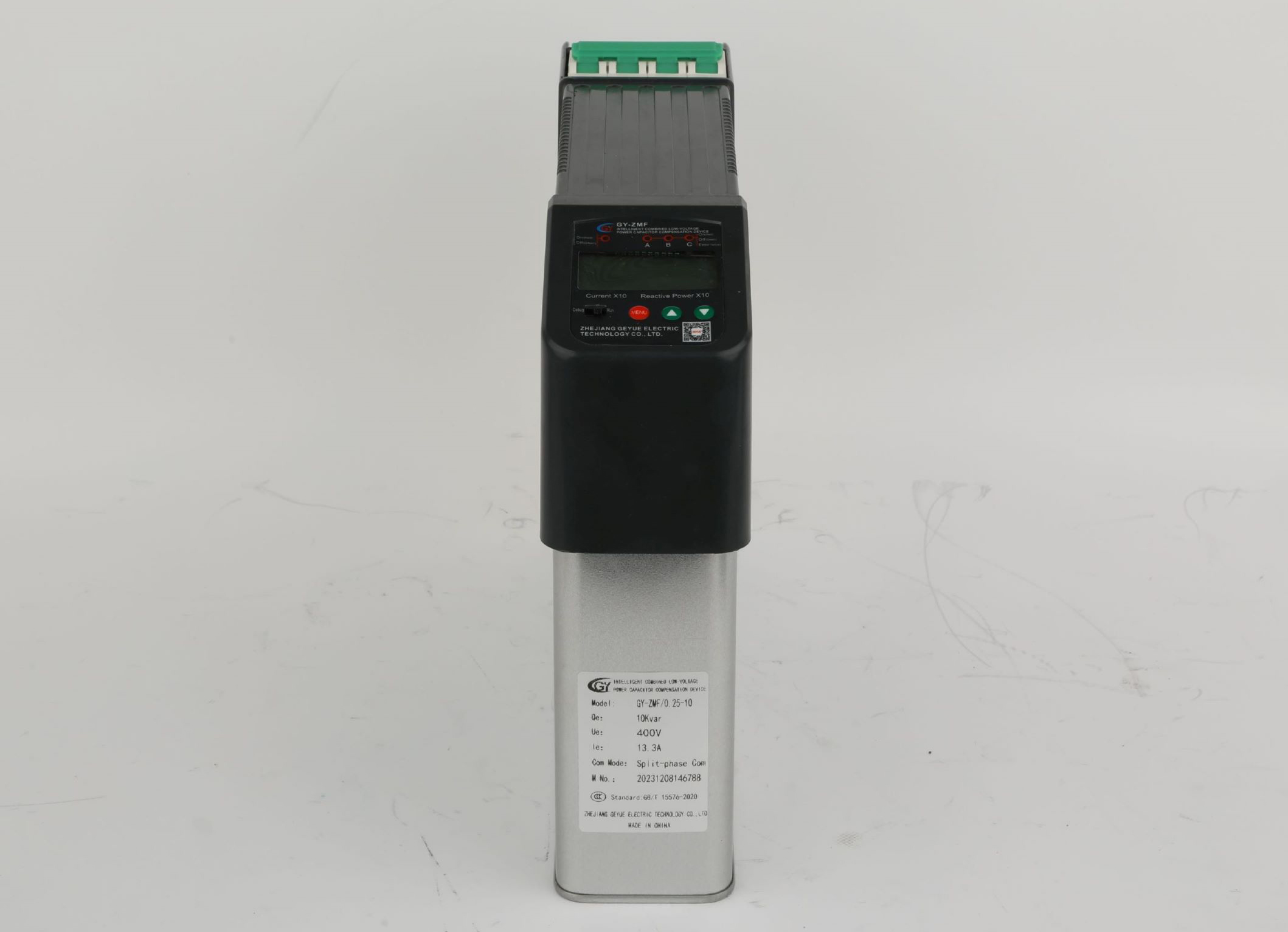
- Can Cylinder Self-healing Shunt Capacitor Become the Ideal Choice for the Smart Grid Era?
- Apart from Saving Electricity Costs, What Value does Low-Voltage Reactive Power Compensation Bring to Enterprises?
- How does the Temperature Dependence of a Capacitor's Capacitance Value affect the Tuning Point of a Detuned Filter Circuit?
- Is There a Non-Invasive Way to Monitor the Internal Health of Power Capacitors, Such as Their Equivalent Series Resistance (ESR)?
- What Is the Concept of "Reactive Power Banking" or "Reactive Power Dispatch" in a Smart Grid Context?
- What Are the Recycling and Disposal Plans for Self-Healing Shunt Capacitors after the End of Their Life Cycle?

